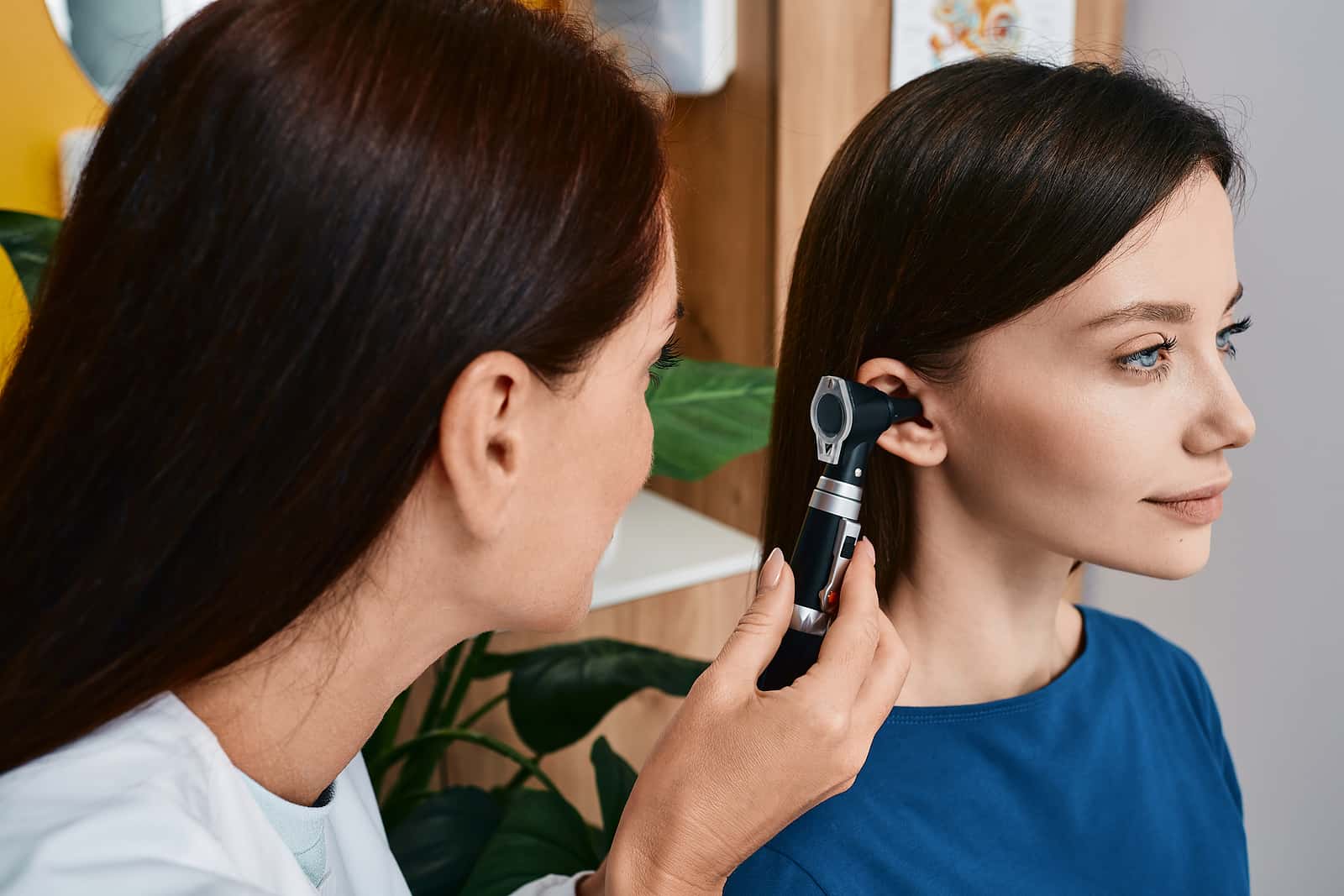
The complex web of the body, there are many invisible relationships. Although some connections are obvious to us, others are quite opaque. For instance, the connection between falling down and breaking a bone is clear to imagine. The stress on the bone can be enough to break it in two, even though the bone itself is invisible. Other connections in the body are difficult to picture, and some of these are even difficult for experts to understand. One of the invisible connections in the body that can be puzzling is the link between diabetes and hearing loss. How can something like elevated blood glucose levels have anything to do with hearing ability? Although this connection is can be confusing, it is clearly established in statistical studies. When researchers look at the entire population, they see that those who have diabetes are twice as likely to have hearing loss than those who do not have hearing loss. Similarly, those who have pre-diabetes levels of blood glucose have 30 percent higher rates of hearing loss than those who have normal blood glucose levels. In order to better understand this connection, we need to turn to experts who study these connections in the body, giving us a better sense of a chain reaction in the body that might connect them. Let’s take a closer look at what we know about hearing loss and diabetes, as well as the path from one condition to the other that we can picture.
Diabetes and Hearing Loss
When a person has diabetes, the bloodstream has elevated levels of glucose. This high blood sugar concentration has effects on many other parts of the body. For instance, diabetes can cause organ damage in many parts of the body. The connection with hearing ability is not clearly understood, but there are a few strong possibilities. In the first place, the elevated levels of blood glucose can be enough to deplete the supply of oxygen to the ears. The tiny, hairlike organelles of the inner ear called stereocilia are quite sensitive to changes in blood composition. That sensitivity that makes it possible to discern subtle differences between frequencies of sound also makes them fragile and likely to be damaged. Another possibility is that diabetes can cause the blood vessels in the inner ear to rupture. We know that diabetes can cause strain on blood vessels and cause ruptures in other parts of the body, and the ears are no exception. Yet another possibility is that diabetes can cause nerve damage that might affect the auditory nervous system. That nerve damage can be permanent, leading to the experience of hearing loss even if the stereocilia and blood vessels of the inner ear are left unharmed. Each of these possibilities raises questions for further research, but the fact remains that those who have diabetes or pre-diabetes have higher rates of hearing loss than those with normal blood glucose levels.
Getting a Hearing Test
This November is American Diabetes Month, and you might be wondering what you can do to honor the occasion. Although it might not be the first thing to come to mind, why not get a hearing test as part of your annual celebration of the event? When you get the test, you will have a full diagnosis of your hearing ability, and the results can set you up to receive the treatment you need. Furthermore, those results can be considered a warning sign for other health concerns, such as diabetes. Although not all people with hearing loss have diabetes, the risks are higher, and your primary care physician will want to know the results of your hearing test. The finding that you have hearing loss can be a clue to alert your doctor to the potential of other health concerns in the complex inner web of the body’s functions. This year, why not do your part to honor American Diabetes Month with a hearing test? You will reap the benefits of treatment based on the findings, and you might even be able to diagnose diabetes or pre-diabetes based on the results. This November is a great time to get your hearing test!
